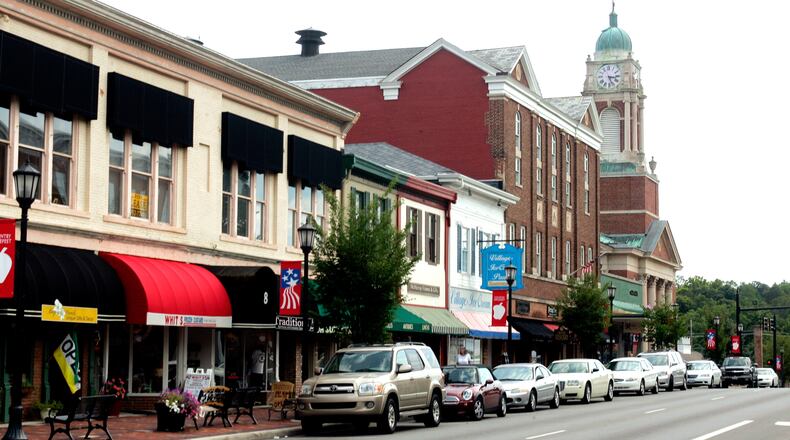Officials said the properties in this area are a mix of institutional buildings, churches, community services and residential properties.
Mayor Mark Messer said it will create new opportunities for residents and investors.
“It will allow for more reinvestment in the area and help to bring blighted properties up to code,” Messer said. “It also meets a need because there are few hotels in the city for visitors to stay at.”
“We are working to capitalize on the uniqueness of the city,” he said.
The new zoning regulations will allow permitting on a conditional basis for many of the uses that property owners were seeking such as office and short term rentals while eliminating less desirable uses such as bars, etc.
Effective next month, the city will allow non-owner occupied short-term rentals, with specific regulations, as well as other compatible uses as conditional uses.
City Manager Scott Brunka said officials met with property owners on March 9 to discuss their properties with a mixed reaction to the proposed map amendment. Brunka said there were many excited about the proposal, while others were concerned about the proposed change.
Property owners also requested that New and North Mechanic streets as well as Warren and Cherry streets be included in the new Central Residential District. The area is residential and residents wanted this to continue. The Central Business District would continue north and would include commercial properties.
The new zoning code would give owner-occupied and non-owner-occupied properties permission to operate a short-term rental in Lebanon, subject to certain conditions.
In addition, officials have said owner-occupied properties outside the district would also be permitted to operate a short-term rental in Lebanon under certain conditions. However, single-room and single-floor hosted rentals is permitted throughout the year.
The new regulations include:
- Prohibiting the remodeling or structurally altering a building that would prevent the structure from being used as a residence in the future or that would make it appear “less residential.”
- Prohibiting the construction of new homes to be primarily intended for rental to short-term guests. This also prohibits the short-term rental of single-family structures that were constructed less than five years prior to the date of application for an short term rental permit.
- Requiring that no more than 25 percent of units in multi-family buildings can be used as short-term rentals.
About the Author

